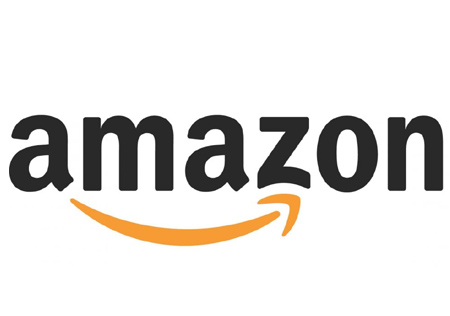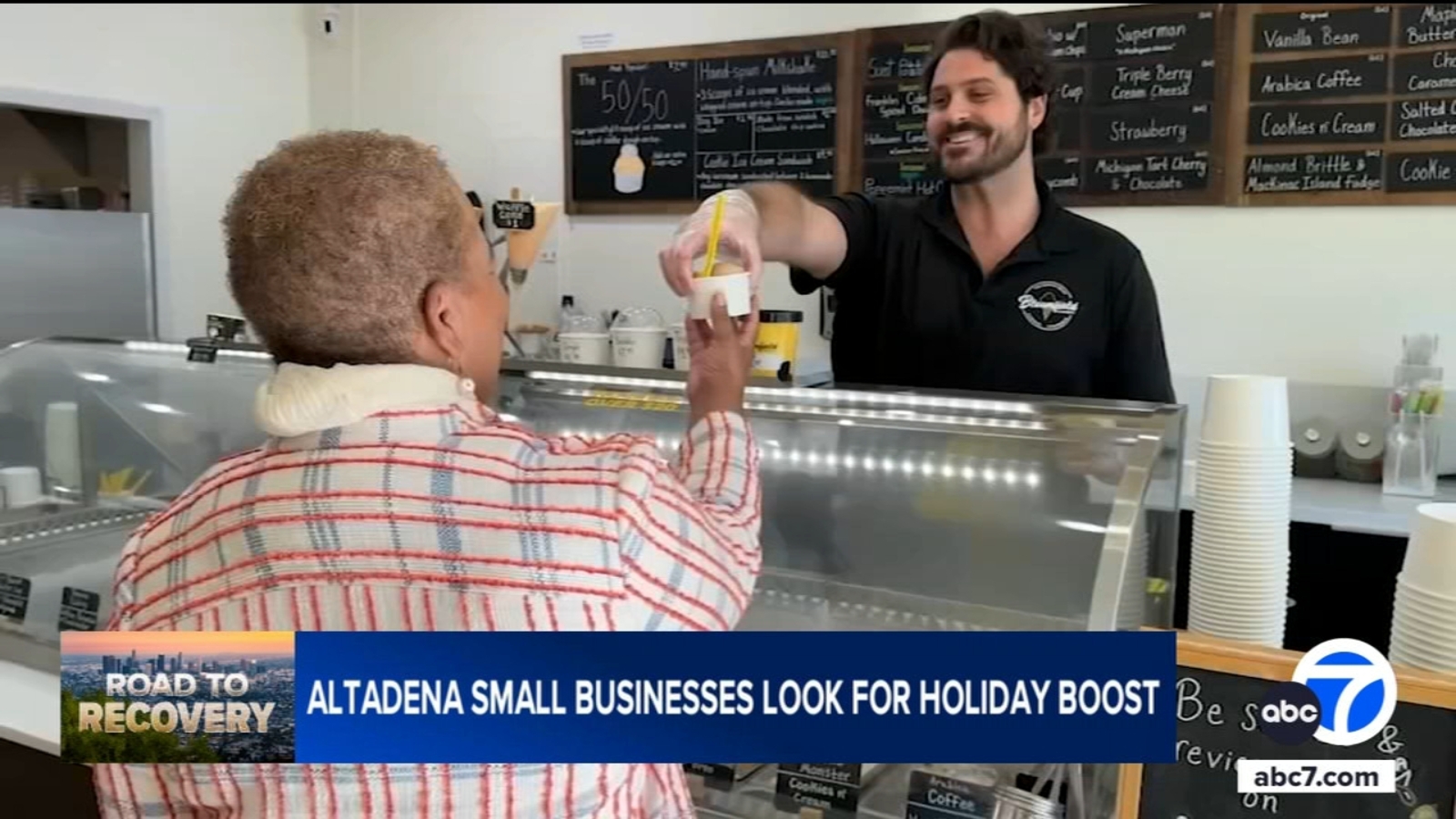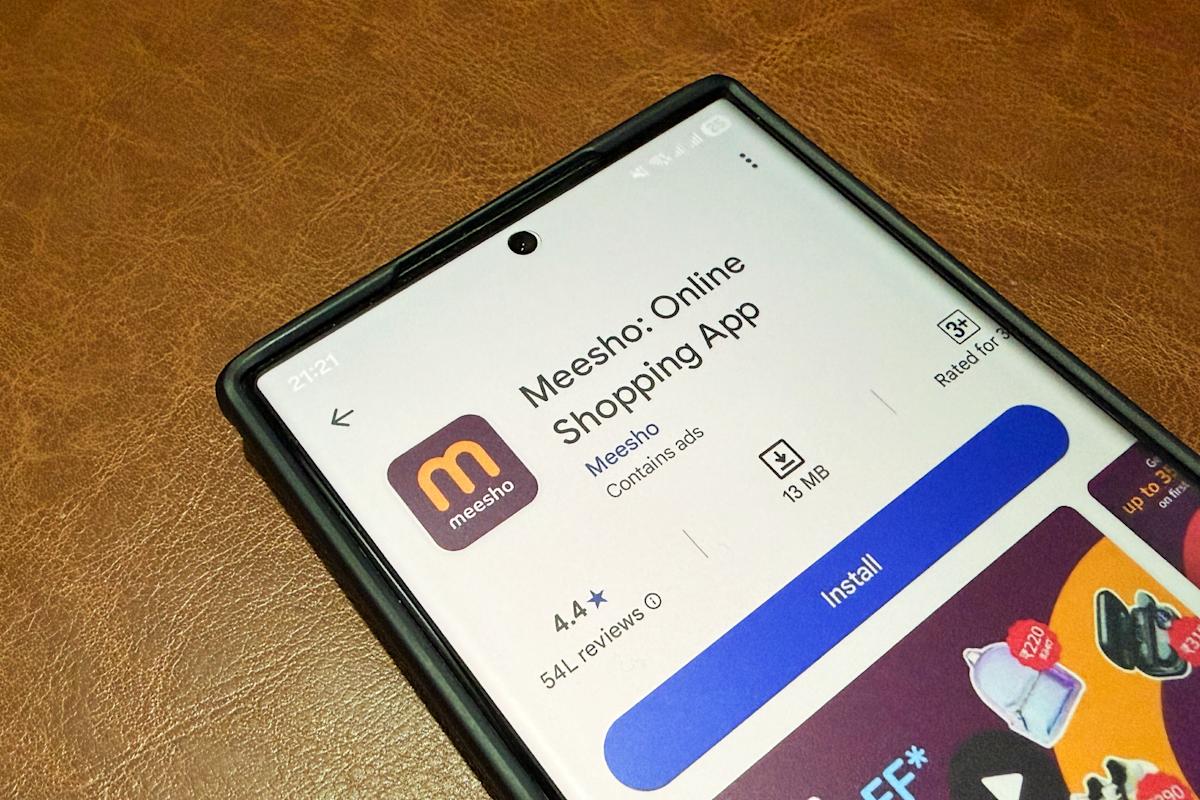You’re reading Entrepreneur India, an international franchise of Entrepreneur Media.
Meesho, the Bengaluru-headquartered e-commerce that was set up to redefine the “reselling through WhatsApp” and online shopping for India’s hinterlands, has officially thrown open the doors to public investors.
The initial public offering (IPO) consists of a fresh issue of equity shares worth up to INR 4,250 crore, alongside an offer for sale (OFS) component of 10.55 shares by existing investors. The IPO is scheduled to open on December 3 with listing on December 10. The total issue size comes up to INR 5,421.05 crore, at the upper end of the price band.
With the proceeds from the fresh issuance, Meesho said it plans to scale its existing technology and cloud infrastructure, hire engineering and AI talent, alongside expand its marketing efforts.
Meesho has evolved from its early-stage social-commerce roots into a full-blown e-commerce marketplace with its own logistics arm, catering to millions across different geographies in India. The company reported 1.8 billion placed orders for FY25 and 199 million annual transacting users as of FY25. The company also netted INR 29,988 crore in net merchandise value for the same period, with INR 1,032 crore cash flow to equity for the last twelve months, for the period ended Q3 25.
But beyond the IPO numbers lies the story of how Meesho built its moat, the pivot, how economics have changed, and what structural risks lie ahead.
From Reselling to Marketplace
Meesho was founded in December 2015 by IIT Delhi alumni Vidit Aatrey and Sanjeev Barnwal, initially as FashNear, with an idea to give retailers and artisans, mostly from smaller towns, a way to sell online without owning inventory or managing logistics.
Through Meesho’s platform, resellers could share curated catalogs, and Meesho would handle procurement, shipping, and returns. This model, often described as “social commerce + reselling”, required zero upfront investment by resellers, making it particularly accessible to homemakers and micro-entrepreneurs, many of whom were women.
Pivot to Broader E-commerce
By around 2020-21, Meesho began shifting from a purely reseller-driven commerce to a more classic marketplace model. The company began onboarding more suppliers, running a broader catalog, and moving beyond its reliance on social-channel resellers.
To facilitate the newer model, the company launched its own logistics vertical called Valmo, with an aim to handle deliveries more efficiently and reduce dependence on third-party logistics. As of the updated IPO filing, Valmo now handles a significant portion, claiming to be the only completely asset-light model among scaled e-commerce and logistics providers. Valmo currently operates with 18,000 active logistics providers and 1,02,000 delivery agents across the country as of September 2025.
It also introduced a “zero commission” policy for sellers, rather than earning through seller commissions, Meesho now monetizes via value-added services, logistics/fulfillment fees, advertising and promoted listings, and other platform services.
Financials & Growth Trajectory
According to its recent updated IPO filing, Meesho shipped 1.59 billion orders in FY25. Of these, 763.5 million were fulfilled via Valmo, its in-house logistics arm, and the rest via third-party partners.
Meesho also reported that its revenue in FY24 grew by nearly 33 per cent year-over-year to INR 7,615 crore. Losses narrowed significantly, from INR 16,750 million in the prior period to INR 3,050 million in FY24.
Meesho’s low-cost, value-commerce model remains among the most scalable in the Indian context – especially for non-metro and price-sensitive segments.
What’s New (or Changing)
With the IPO, several strategic priorities for Meesho stand out, including greater control over logistics via Valmo. The migration of a large volume of shipments under its own delivery network suggests Meesho wants tighter control over overall fulfilment, costs, and reliability.
Meesho appears to double down on serving less-penetrated geographies and value-conscious consumers – a segment that historically remains underserved by larger players who target premium buyers.
Key Risks
Over 75 per cent of Meesho’s orders reportedly still come through cash-on-delivery (COD). According to reports, COD orders tie up working capital, increase order cancellation risk and complicate cash-flow management. The company has also disclosed instances where agents have failed to deposit collected cash, leading to leakages.
The RHP also notes a high-return volume, close to 7.6 per cent of shipped orders. Over time, frequent returns erode margins and may harm brand reputation.
On top of these concerns, concentrated seller geography, regulatory/tax exposure, monetization risk, and, more importantly, the RHP flags tax and legal disputes, including income-tax claims, vendor/GST-related litigation, which adds financial and regulatory overhang.








